Top 10 Socialization Training Tips for Puppies: Preparing Your Pet for New Experiences
Socialization is a critical aspect of puppy training that lays the foundation for a well-adjusted adult dog. Proper socialization helps puppies learn to navigate the world around them, interact positively with other animals and people, and develop essential life skills. This article outlines the top ten socialization training tips for puppies to ensure they grow up confident and comfortable in various environments.
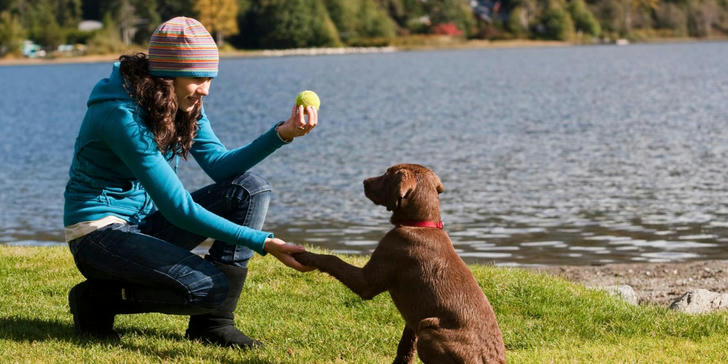
Why Socialization Matters
Socialization is vital for puppies for several reasons:
1.Behavioral Development: Early socialization reduces the likelihood of fear-based behaviors, aggression, and anxiety in adult dogs.
2.Adaptability: Puppies exposed to different situations become more adaptable and resilient to change.
3.Positive Interactions: Socialization teaches puppies how to interact appropriately with other animals and people, preventing potential conflicts.
Top 10 Socialization Training Tips
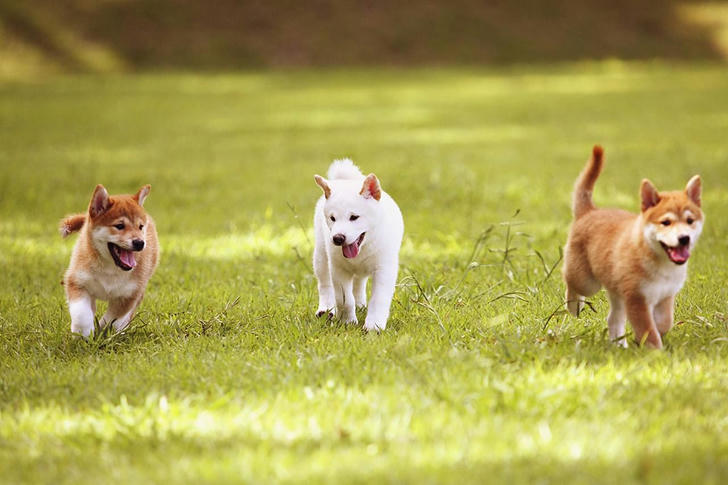
1. Start Early
Why It’s Important: The critical window for socialization is between 3 and 14 weeks of age. During this time, puppies are most receptive to new experiences.
How to Implement: Begin socializing your puppy as soon as you bring them home. Expose them to various sights, sounds, and experiences to help them build confidence early on.
2. Gradual Exposure
Why It’s Important: Introducing your puppy to new experiences gradually helps prevent overwhelming them.
How to Implement: Start with less stimulating environments, such as quiet parks or calm homes, before progressing to busier places like pet stores or crowded areas. Observe your puppy’s comfort level and adjust accordingly.
3. Positive Reinforcement
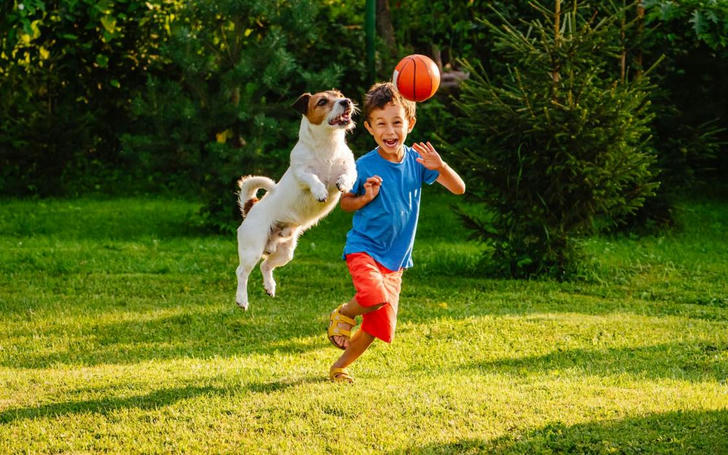
Why It’s Important: Using positive reinforcement helps your puppy associate new experiences with rewards.
How to Implement: Whenever your puppy encounters something new, reward them with treats, praise, or playtime. This encourages a positive response to new situations.
4. Controlled Interactions with Other Dogs
Why It’s Important: Interactions with other dogs are essential for developing social skills.
How to Implement: Arrange playdates with well-behaved, vaccinated dogs in controlled environments. Monitor interactions closely to ensure they are positive and safe. Use positive reinforcement to reward good behavior during play.
5. Exposure to Different People
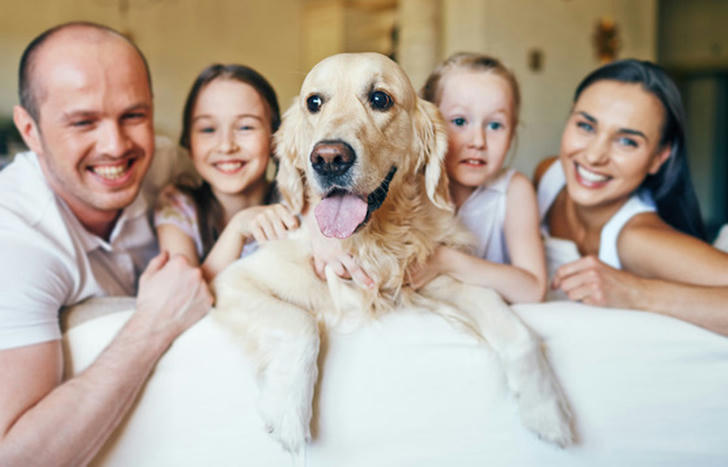
Why It’s Important: Meeting a variety of people helps your puppy become comfortable with different types of human interactions.
How to Implement: Introduce your puppy to people of all ages, sizes, and appearances. Encourage gentle petting and positive interactions, rewarding your puppy for calm behavior.
6.Socialize with Other Animals
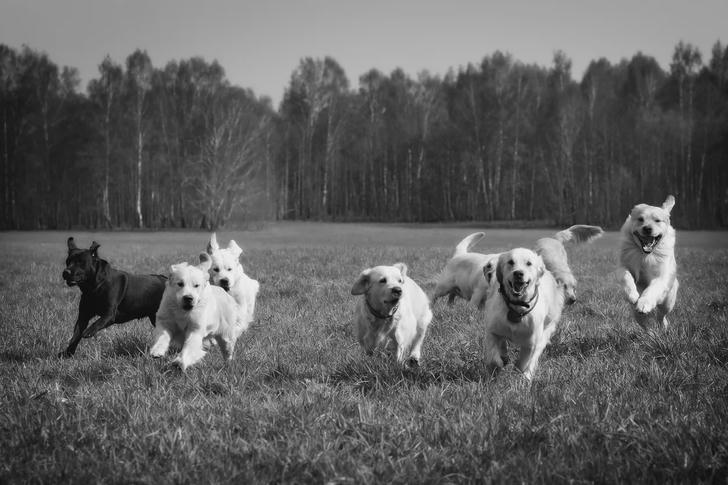
Why It’s Important: Exposure to various animals helps your puppy learn to navigate different social dynamics.
How to Implement: Safely introduce your puppy to other pets, such as cats, rabbits, or smaller animals. Always supervise these interactions to ensure safety for both your puppy and the other animals.
7. Expose Them to Different Environments
Why It’s Important: Familiarizing your puppy with diverse environments reduces anxiety about new places.
How to Implement: Take your puppy on outings to various locations, such as parks, sidewalks, and pet-friendly stores. Gradually increase exposure to different surfaces, sounds, and smells, rewarding them for calm behavior in each new setting.
8. Use Sound Exposure
Why It’s Important: Puppies can be startled by unfamiliar sounds, leading to fear and anxiety.
How to Implement: Play recordings of common sounds, such as thunderstorms, sirens, or construction noises, at a low volume. Gradually increase the volume while rewarding your puppy for staying calm. This helps desensitize them to potentially frightening sounds.
9.Enroll in Puppy Classes
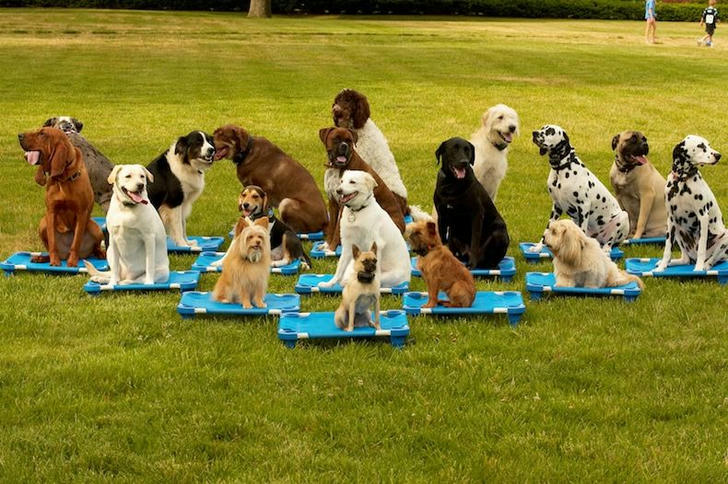
Why It’s Important: Puppy classes provide structured socialization opportunities in a controlled environment.
How to Implement: Look for local puppy training classes that focus on socialization. These classes often include supervised playtime and training exercises, allowing your puppy to learn in a safe and engaging environment.
10.Be Patient and Observant
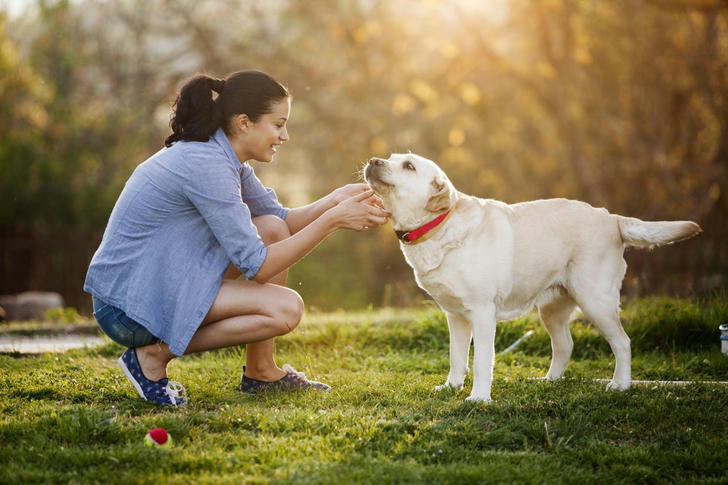
Why It’s Important: Every puppy is different, and socialization takes time. Patience is crucial to building your puppy’s confidence.
How to Implement: Monitor your puppy’s reactions during socialization experiences. If they show signs of fear or stress, take a step back and allow them to acclimate at their own pace. Gradually reintroduce them to the experience, always rewarding positive behavior.
Conclusion
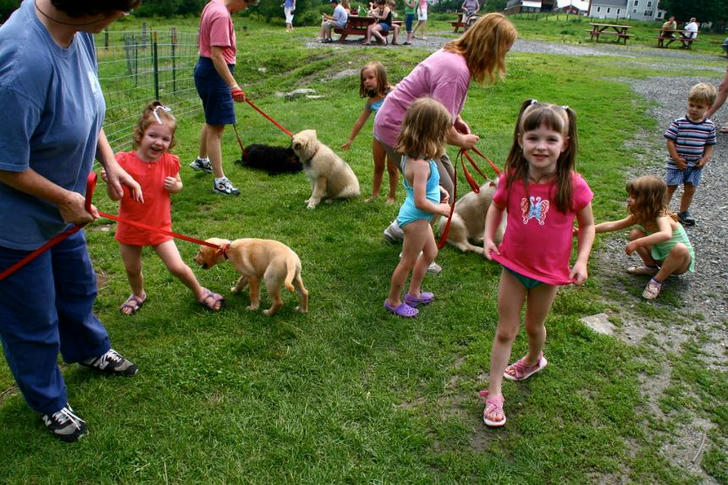
Socialization training is an essential part of raising a well-adjusted and confident dog. By starting early and following these top ten tips, you can help your puppy navigate new experiences and interactions with ease. Remember, consistency and positive reinforcement are key to successful socialization. Embrace the journey, and enjoy the bonding experiences that come with helping your puppy thrive in their world! With your guidance and support, your puppy will grow into a happy, well-socialized adult dog ready to take on life’s adventures.
